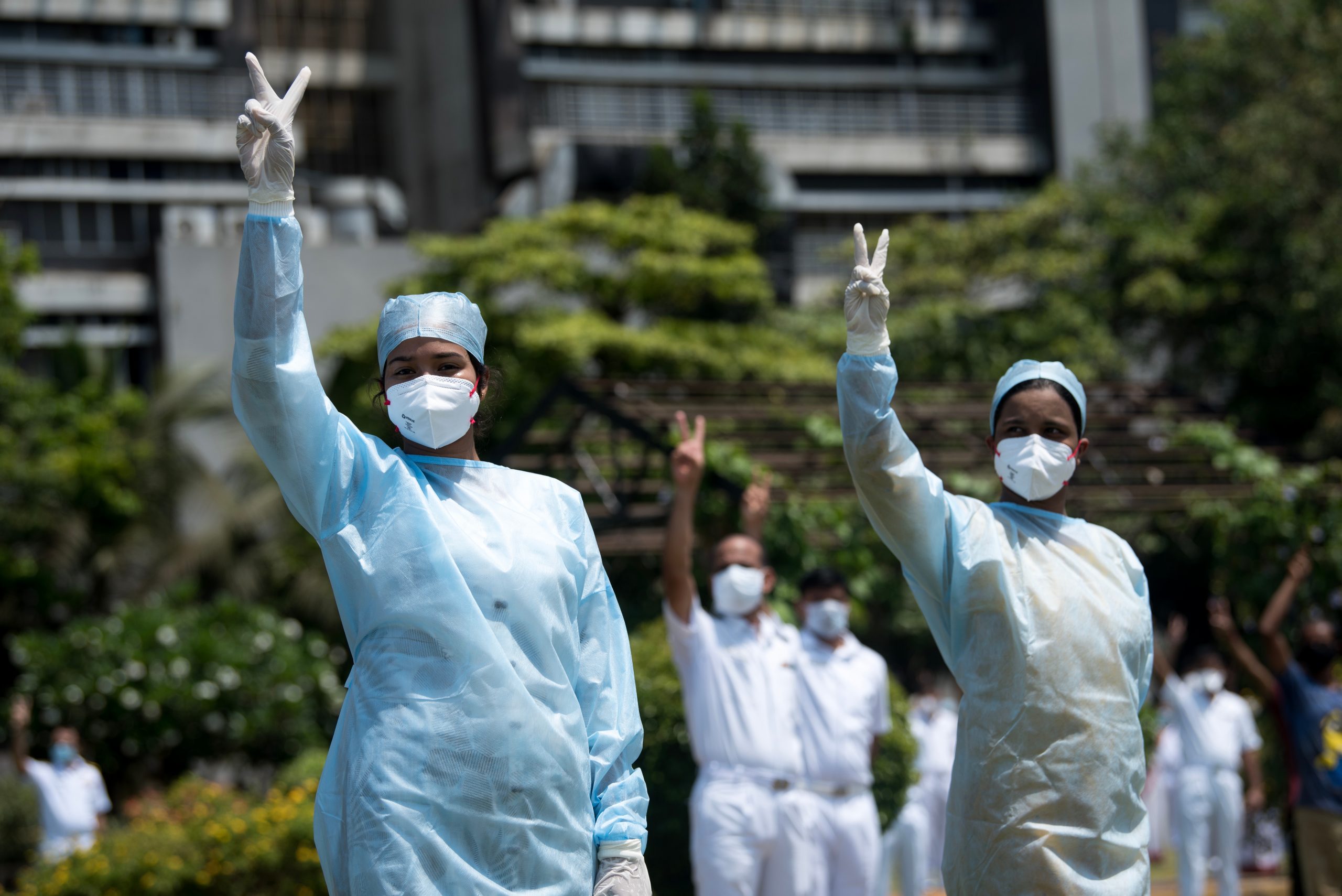The blog discusses WHO's MPOWER strategy and how it can be applied to promote a Healthy Food Environment.

With a Master of Public Health from Harvard T.H. Chan School of Public Health, Harvard University, Dr. Ananya Awasthi has been working as the Assistant Director for the Harvard School of Public Health- India Research Center, for the past 4 years. At the center, Ananya Awasthi oversees the implementation of global health research projects, training programs and knowledge translation activities with a range of stakeholders in India, including the government, foundations, NGOs & private hospitals.
Based out of Delhi, Ananya Awasthi currently leads policy research for key projects related to the promotion of nutrition-sensitive agri-food systems, behavioral change for the National Nutrition Mission, and training of policymakers for strategic communications in public policy. Passionate about translating science to policy action, she serves on the advisory board of the National Commission for Protection of Child Rights, Government of India; Agri-Food Portal Committee, Ministry of Women and Child Development & the Harvard Business School-India Research Center.
Trained as a dental surgeon, she has a background in policy communication, management consulting, and community health programs. And in the past, she has worked for various organizations including the Deloitte Consulting, Ministry of Social Justice, & King George’s Medical College.
Also, she frequently writes and appears for leading media platforms in India, on issues relating to health, nutrition & well-being. Also, she is a part of the scientific advisory board for the Medito foundation, a global non-profit dedicated to improving mental well-being of people and runs a health podcast on The Slow App.
The blog discusses WHO's MPOWER strategy and how it can be applied to promote a Healthy Food Environment.
The blog discusses the need for knowledge translation to promote an evidence based agenda for India's nutrition policy and action agenda.
The blog discusses the need for knowledge translation to promote an evidence based agenda for India's nutrition policy and action agenda.
The blog discusses the public health and economic implications of drinking sugar sweetened beverages, and how Mexico successfully implemented a soda tax regime, thus setting a policy example for the rest of the world battling with non-communicable diseases.
The blog discusses the importance of Dietary Diversity and how it could be a game changer in fighting India's Malnutrition problem?

The blog discusses five lessons on Public Health that India can learn from the Coronavirus
The blog discusses how the second wave of COVID-19 exposed the existing vulnerabilities of India’s public health system.
BCPHR.org was designed by ComputerAlly.com.
Visit BCPHR‘s publisher, the Boston Congress of Public Health (BCPH).
Email [email protected] for more information.
Click below to make a tax-deductible donation supporting the educational initiatives of the Boston Congress of Public Health, publisher of BCPHR.![]()
© 2025-2026 Boston Congress of Public Health (BCPHR): An Academic, Peer-Reviewed Journal
All Boston Congress of Public Health (BCPH) branding and content, including logos, program and award names, and materials, are the property of BCPH and trademarked as such. BCPHR articles are published under Open Access license CC BY. All BCPHR branding falls under BCPH.
Use of BCPH content requires explicit, written permission.